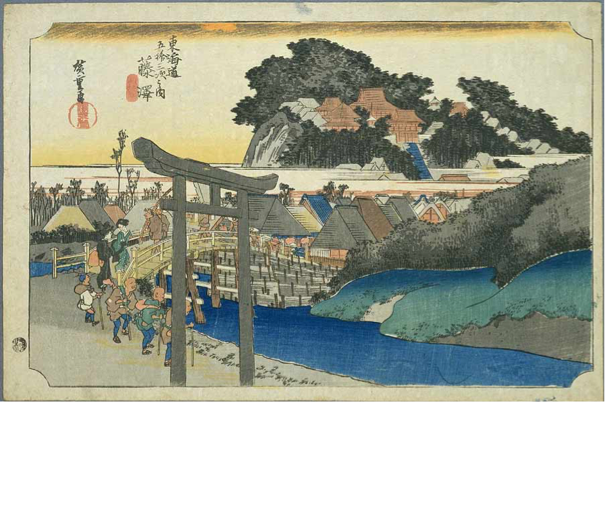Sign up for FlowVella
Sign up with FacebookAlready have an account? Sign in now
By registering you are agreeing to our
Terms of Service
Loading Flow


Nationalism

In the first two decades of the twentieth century, the relationship between the United States and Japan was marked by increasing tension and corresponding attempts to use diplomacy to reduce the threat of conflict. Each side had territory and interests in Asia that they were concerned the other might threaten. U.S. treatment of Japanese immigrants, and competition for economic and commercial opportunities in China also heightened tensions. The intellectuals blamed traditional culture for the dramatic and rapid fall of China into a subordinate international position, and maintained that China's cultural values prevented China from matching the industrial and military development of Japan and the West. Kuomintang and the communist party took over in 1912 and this began the revolution of Communism in China